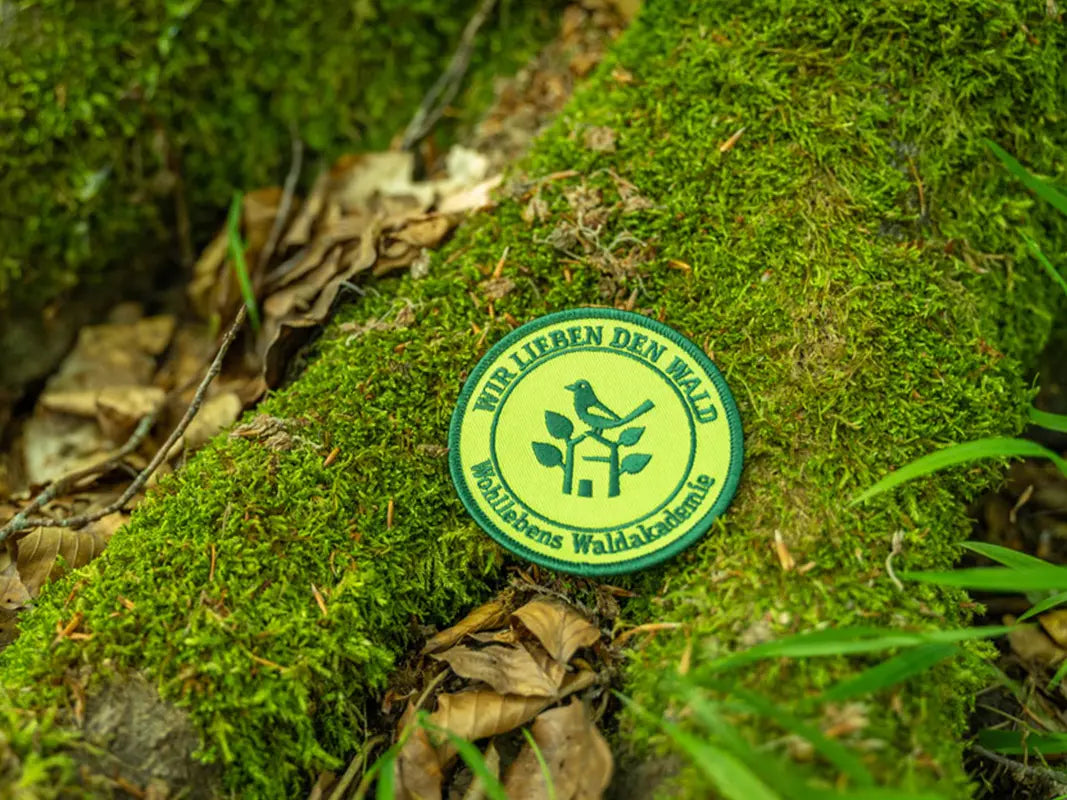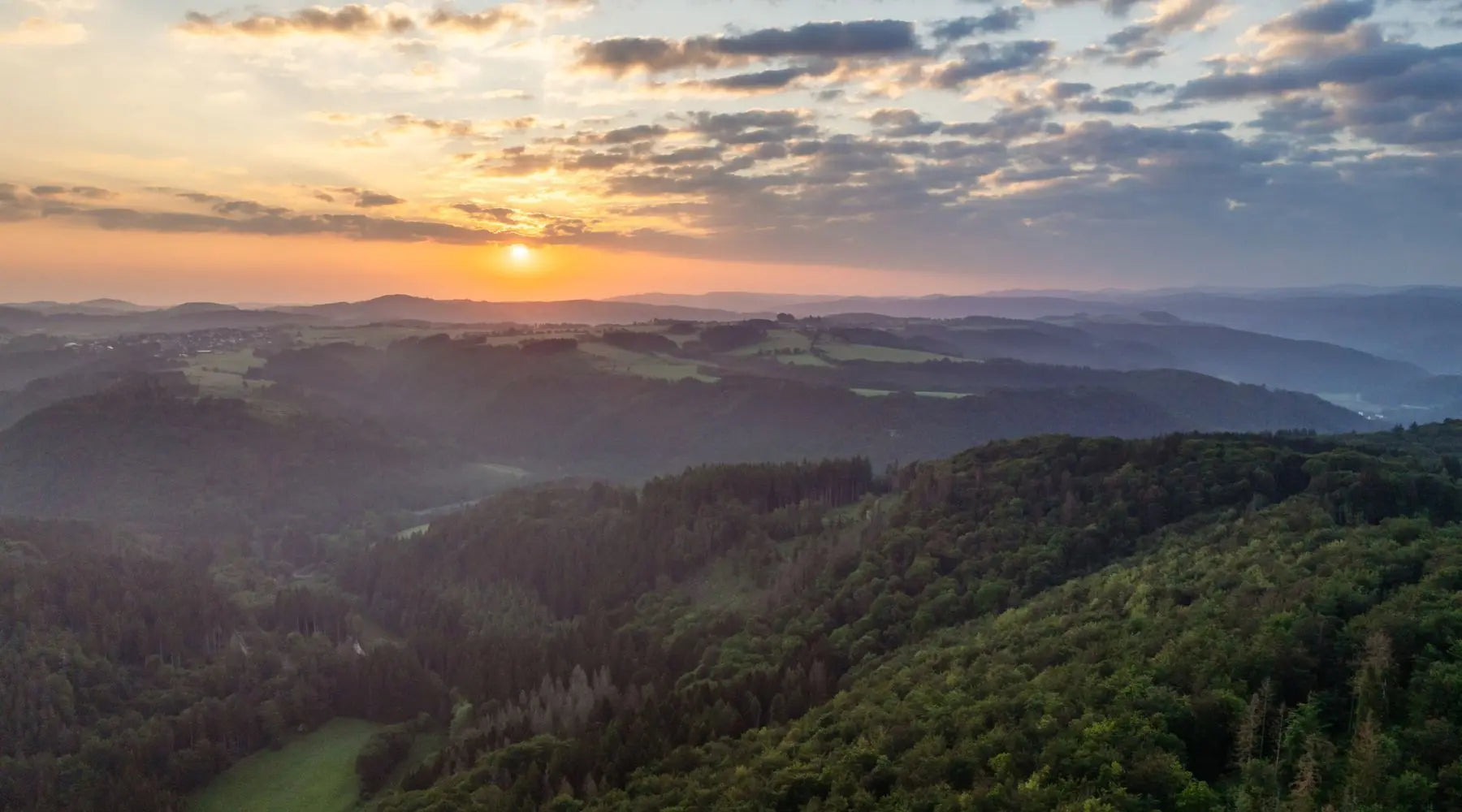There is still much debate in this country about whether we should support wild birds through year-round feeding. However, this focuses on the wrong question. The question that should be addressed is: How can we preserve or restore the natural food supply for birds?
Worldwide, the number of individual birds has decreased by around 80% since 1800. In view of this alarming figure, it is not surprising; in fact , it is absolutely necessary that we discuss whether and how we humans can support birds . To put it bluntly: Yes, year-round bird feeding makes sense (you can read more about the reasons below), but by doing so we only support around 15-20 of the more common species in this country. We are not practicing large-scale, effective bird conservation in this way. To name just a few examples: bird species such as the barn swallow and house martin catch their insects in mid-air while flying. A single coal tit eats around 200 spruce seeds or 50 sunflower seeds per day (!) in winter – none of us can feed that much. Instead, we must work – on both small and large scales – to ensure that birds have intact ecosystems and thus a sufficient supply of food in nature .
Effective bird protection begins in your own garden
The easiest way to do this is in your own garden. In another article, we've already compiled numerous tips on how to make your garden as bird-friendly as possible. Structural diversity and the introduction of native plants play a key role and can significantly enrich the food supply for local wild birds.
Video: Podcast with bird expert Jonas Weinand and Peter Wohlleben
Effective nature conservation is effective bird protection
At the same time , commitment to nature conservation and wild ecosystems remains essential when it comes to ensuring the survival of birds on a broader scale. Wherever possible, nature must be preserved or restored . This requires collaborative work at all levels – from politics to businesses and private individuals. Because only consistent nature conservation helps us all – insects, birds, humans, and all other living creatures. This should be the core of our efforts , as it is how we achieve the greatest impact. But back to the original question: We think year-round bird feeding makes perfect sense. Why is that?
Why should you feed birds all year round?
By feeding birds, we can support a selection of species , as described. However, there is another aspect to consider: Supplementary feeding not only helps the birds, but also gives us humans the opportunity to observe these amazing animals in peace . In the best case scenario, this creates a fascination and empathy in adults and children alike, which strengthens the desire to support (wild) birds. But does this also apply to summer, when the birds – unlike in winter – have a supposedly sufficient supply of food? Here too: a clear yes! Because even then, the natural supply is sparse, and the fat that birds desperately need serves as fuel for flight, which they can put to good use, especially during the energy-intensive breeding season. But what points should you bear in mind when feeding them?
Feed birds properly & make your own bird food
A classic bird feeder: suet balls . These can also be offered year-round. The best options are tubes or rings , which are now commercially available, as they eliminate the need for plastic nets , which are often a danger to wild animals. These containers also offer protection against other animals stealing the birds' food. Speaking of other animals: it's best to offer food elevated and/or suspended in the air to reduce the risk of cats or martens attacking the birds while they are eating. There are also highly recommended ready-made grain feed mixes available these days. Make sure the product is of good quality and ideally choose organic mixes . Unfortunately, cheap feed is often made from sprayed plants, which is then harmful to the birds elsewhere and therefore has negative effects. Of course, you can also put together your own grain feed . Each bird species has specific needs and preferences, which are best researched in advance. By the way, you should avoid feeding bread . On the one hand, too much bread or similar food scraps can be a health problem for the birds. At the same time, attracting larger wild birds can cause local problems such as pollution.






Leave a comment
All comments are moderated before being published.
This site is protected by hCaptcha and the hCaptcha Privacy Policy and Terms of Service apply.